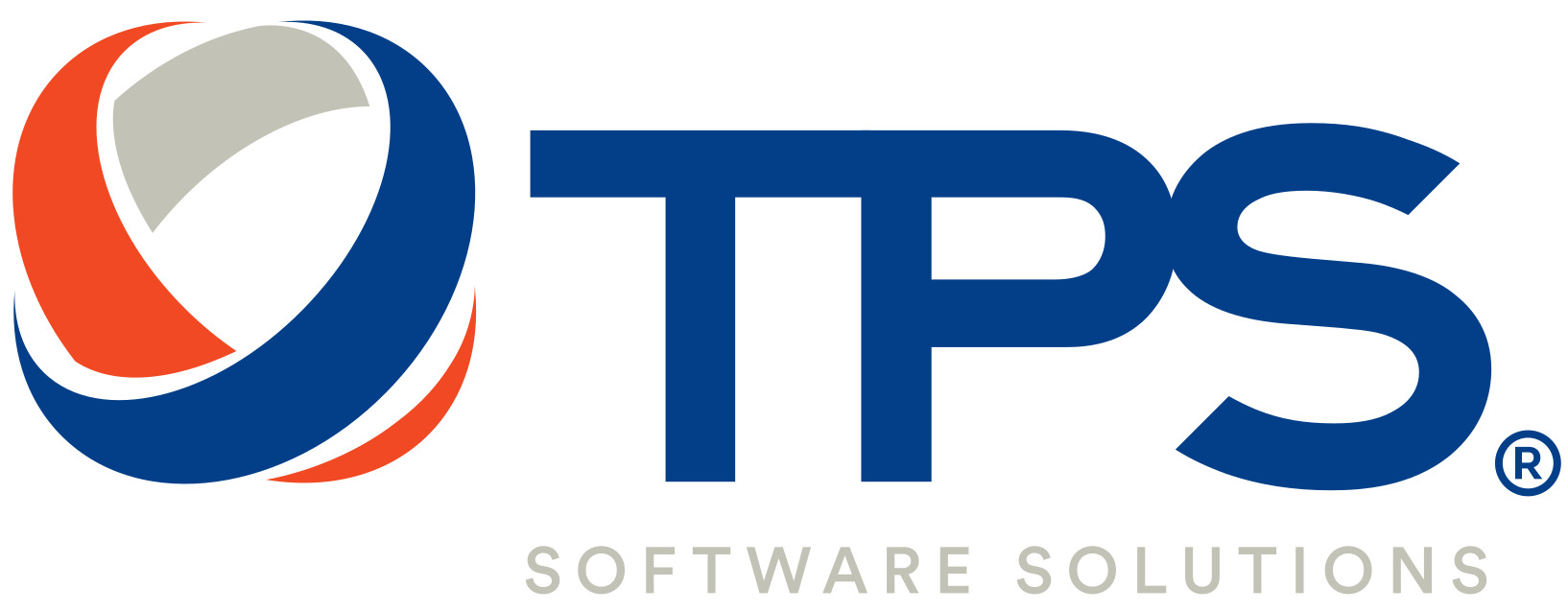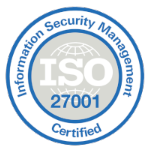Are you looking to streamline your software development processes and improve collaboration between your development and operations teams? DevOps-as-a-Service (DaaS) could be the solution you need.
The definitions of DevOps-as-a-Service
DevOps is a set of practices that combines software development (Dev) and IT operations (Ops) to shorten the systems development life cycle, while delivering features, fixes, and updates frequently and reliably. By integrating these two functions, DevOps aims to reduce the time it takes to deploy software, improve its quality, and ensure a more efficient and effective software development process.
DevOps-as-a-Service is a cloud-based service that provides a complete DevOps environment for organizations of all sizes. With DaaS, you can leverage the expertise and experience of a dedicated team of DevOps professionals to handle your software development and deployment needs. This includes automating code testing, building, and deployment processes, as well as monitoring and maintaining your software infrastructure.
Types of DevOps-as-a-service
There is no definitive list of DevOps-as-a-Service types as new offerings and variations are constantly being introduced. However, here are some common types:
Managed DevOps Platform
Providing a platform that includes all the tools and services needed for continuous integration, delivery, and deployment.
Cloud-based DevOps
Allowing teams to access a set of DevOps tools and services from anywhere, without the need to manage on-premises infrastructure.
DevOps Consulting
Focusing on providing guidance and expertise to organizations looking to implement DevOps practices and processes.
DevOps Automation
Providing automation tools and services to streamline the software delivery process.
Continuous Integration/Continuous Deployment (CI/CD) Services
These services focus on automating the build, testing, and deployment of software, enabling teams to release software more frequently and with fewer errors.
Infrastructure as Code (IaC)
Enabling teams to manage infrastructure using code, reducing the time and effort required to provision and configure infrastructure.
DevOps Security
Focusing on integrating security practices into the DevOps process, enabling teams to deliver software more secure.
Benefits of DevOps-as-a-Service
DevOps-as-a-Service provides organizations with many benefits that can help them streamline their software development and IT operations processes. It leads to faster time-to-market, improved collaboration, increased efficiency, scalability, cost-effectiveness, and better quality.
Cost-effective
Eliminating the need to purchase and maintain infrastructure and software, which reduces capital expenditure. It also provides a pay-as-you-go pricing model, allowing organizations to only pay for the services they use.
Scalability
Enabling organizations to scale their DevOps capabilities up or down based on their needs. As the demand for services increases, additional resources can be added easily.
Agility
Providing a faster time-to-market by automating software delivery and deployment processes. It also enables organizations to respond quickly to changing business requirements and customer needs.
Expertise
Providing access to a team of experienced DevOps professionals who have a deep understanding of the latest technologies and best practices. This eliminates the need to hire and train DevOps specialists in-house.
Flexibility
Allowing organizations to choose the services they need based on their specific requirements. This enables them to customize their DevOps environment and optimize their software delivery processes.
Security
Providing offer secure infrastructure and follow industry-standard security practices to ensure the safety of client data and systems.
Related Article: How to implement DevOps to your business ?
Tools and services for DevOps-as-a-services
Here are some of the commonly used tools and services in DevOps-as-a-Service:
- Cloud Platforms: Cloud platforms like Amazon Web Services (AWS), Microsoft Azure, and Google Cloud Platform (GCP) are widely used in DevOps-as-a-Service to provide infrastructure and compute resources.
- Continuous Integration (CI) Tools: CI tools like Jenkins, CircleCI, and Travis CI are used to automate the building and testing of code changes in a shared repository.
- Continuous Delivery (CD) Tools: CD tools like AWS CodeDeploy, Google Cloud Deployment Manager, and Microsoft Azure DevOps are used to automate the deployment of code changes to production environments.
- Configuration Management Tools: Configuration management tools like Chef, Puppet, and Ansible are used to automate the configuration and management of infrastructure and applications.
- Monitoring and Logging Tools: Monitoring and logging tools like New Relic, Datadog, and Splunk are used to monitor the performance and availability of applications and infrastructure.
- Collaboration and Communication Tools: Collaboration and communication tools like Slack, Microsoft Teams, and Jira are used to facilitate communication and collaboration between team members working on different aspects of the DevOps process.
- Version Control Systems: Version control systems like Git, SVN, and Mercurial are used to manage changes to code and other digital assets.
- Containerization Tools: Containerization tools like Docker and Kubernetes are used to package applications and dependencies into containers that can be deployed across different environments.
An Overview on Daas in Vietnam market
DevOps as a Service (DaaS) is a relatively new concept in Vietnam, and its adoption is still in the early stages. However, the market is rapidly growing and there is significant potential for DaaS providers to capture a share of this market.
One of the key drivers of the DaaS market in Vietnam is the growing demand for software development and IT services in the country. Vietnam is home to a large pool of skilled software engineers, and many local and international companies are operating in the country. These companies are increasingly turning to DaaS providers to help them streamline their software development processes and accelerate their time to market.
Another factor driving the growth of the DaaS market in Vietnam is the increasing popularity of cloud-based solutions. Cloud computing has become increasingly accessible and affordable in Vietnam, and many businesses are looking to take advantage of the benefits that cloud-based services offer, including flexibility, scalability, and cost-effectiveness.
Despite the promising outlook for the DaaS market in Vietnam, there are also some challenges and potential obstacles to consider. One of the main challenges is the need to educate potential customers about the benefits of DaaS and persuade them to adopt this new approach to software development. Additionally, there is significant competition in the market, with both local and international providers vying for customers.
Overall, the outlook for DaaS in Vietnam is positive, with strong demand for IT services, a growing interest in cloud-based solutions, and increasing awareness of the benefits of DevOps methodologies. However, it remains to be seen how quickly and extensively the market for DaaS will develop in Vietnam in the coming years.
Related article: Explore the DevOps Outsourcing in Vietnam: Why Businesses are Turning to Vietnam for DevOps Solutions
Conclusion
DaaS can help businesses reduce the time it takes to develop and deploy software, improve quality, foster greater collaboration, reduce costs, and increase scalability. Overall, DaaS can transform software development and deployment processes, resulting in faster time to market, higher-quality software, and increased agility.













